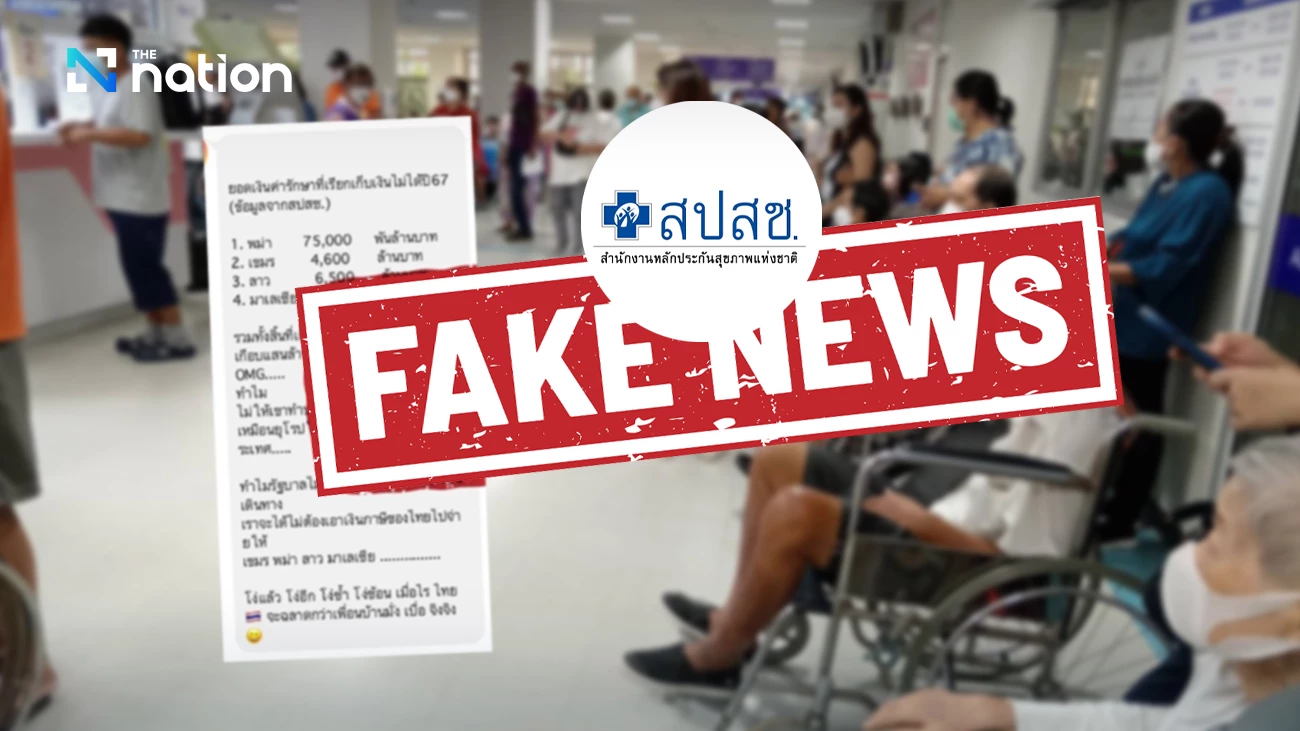Thai-Cambodian Border Crisis Escalates: Fake News, Land Disputes, and ICC Threats Ignite Diplomatic Firestorm

The relationship between Thailand and Cambodia has recently been fraught with heightened tensions surrounding their shared border, marked by diplomatic efforts, serious allegations, humanitarian concerns, and a significant amount of disinformation. Despite a 13-point ceasefire agreement signed during the General Border Committee (GBC) meeting in Malaysia on August 7, provocations and false narratives continue to impact the region, reflecting a complex and long-standing dispute.
A central point of contention emerged when Thailand’s Ministry of Foreign Affairs vehemently rejected claims, circulated on social media and attributed to Cambodia’s Minister of Information, that Thailand was planning to assassinate Cambodian leaders Hun Sen and Hun Manet. Nikorndej Balankura, Director-General of the Department of Information, unequivocally denied these accusations, branding them as "entirely unfounded" and "clearly intended to defame Thailand." The Ministry underscored that such "false news" undermines the spirit of ongoing dialogue and diplomatic efforts aimed at peaceful resolution.
Further exacerbating the situation are concerns over border security and humanitarian impact, particularly regarding the alleged use of landmines. The Royal Thai Army (RTA) is set to lead the ASEAN Interim Observation Team (IOT) to the border to monitor alleged breaches of international law and ceasefire conditions by Cambodian troops. This initiative follows earlier visits by ASEAN envoys and representatives from countries that ratified the Ottawa Convention—which bans anti-personnel mines—to Si Sa Ket province. During these visits, evidence of landmines allegedly laid by Cambodian forces was observed, and affected residents were interviewed. Thailand also plans to send video and photo evidence of Cambodia laying landmines to Geneva. Concurrently, the International Committee of the Red Cross (ICRC) has assessed the humanitarian impact of cross-border attacks on civilians in Surin, Si Sa Ket, and Ubon Ratchathani provinces, and will submit a confidential report to both nations.
The issue of alleged Cambodian encroachment on Thai soil, particularly at Ban Nong Chan village in Sa Kaeo, adds another layer to the conflict. Thai government spokesman Jirayu Houngsub asserted that Cambodians had betrayed Thai hospitality, having initially been offered temporary shelter as refugees during the civil war in 1977. Jirayu claimed that Cambodia exploited this humanitarian aid to expand settlements on Thai land, with refugees refusing to return home. Thailand has erected razor wire in the area to protect its territory from further encroachment and attacks by Cambodian troops, insisting that this measure is within Thai boundaries and complies with the GBC agreement. However, Cambodia continues to pressure Thailand to dismantle these fences, with descendants of the original refugees claiming the expanded settlements as Cambodian sovereign land and rejecting Thailand’s border demarcation claims.
Amidst these disputes, legal and diplomatic avenues are being explored. Acting Prime Minister Phumtham Wechayachai confirmed that academics might submit a proposal for the government to consider suing Cambodian Prime Minister Hun Manet and his father, Hun Sen, in the International Criminal Court (ICC) as war criminals. This follows a National Security Council (NSC) resolution to pursue criminal and civil lawsuits against them in Thai courts for casualties and property damage caused to Thais. Phumtham also met with US lawmakers who visited the region, discussing bilateral relations and regional developments. He emphasized the need for peaceful solutions rooted in truth rather than "information warfare," confirming he raised the landmine issue with the US delegation. Future talks are scheduled for September 10, underscoring ongoing efforts to resolve the complex situation.
The prevalence of false information has been a significant challenge, with the Ministry of Digital Economy and Society (DES) reporting that eight out of the top ten fake news items last week were directly related to the Thai-Cambodian border conflict. This highlights the critical need for accurate communication and a commitment to truth, which, as Acting Prime Minister Phumtham stated, is essential for resolving the deeply entrenched issues between the two nations.
You may also like...
Consumerism vs Culture: Is Africa Trading Values for Trendy Lifestyles?

Is Africa trading its cultural values for trendy lifestyles? Explore how consumerism, foreign brands, and social media p...
The War on Boys: Are African Male Being Left Behind in Gender Conversations

Why are African boys and men often left out of gender empowerment programs? Explore how emotional suppression, lack of m...
Pay Slip, Motivation Slips: The Silent Crisis Among the Working Class

Across Nigeria, millions of workers are trapped in jobs that pay just enough to survive but too little to live. Beneath ...
Premier League's Unsung Heroes: Bournemouth, Sunderland, and Tottenham Shockingly Exceed Expectations

This Premier League season sees teams like Bournemouth, Sunderland, and Tottenham exceeding expectations. Under Thomas F...
El Clasico Fury: Yamal Controversy and Refereeing Blunders Ignite Post-Match Debates
)
Real Madrid secured a 2-1 El Clasico victory over Barcelona amidst significant controversy surrounding a late penalty de...
Kate Hudson & Hugh Jackman Eyeing Oscars with ‘Song Sung Blue’ Breakthrough

"Song Sung Blue" tells the true story of Mike and Claire Sarina, who find love and acclaim as a Neil Diamond tribute ban...
Pennywise Unleashes Horror: 'It: Welcome to Derry' Premiere Shocks Viewers

HBO Max's "IT: Welcome to Derry" plunges audiences into 1962 Derry, Maine, exploring the origins of Pennywise with a bru...
Zimbabwe's Ammara Brown Stages 'Spectacular' Comeback, New Album Imminent!

Ammara Brown triumphantly returned to the music scene at the Castle Lager Braai Festival after a year-long maternity bre...
